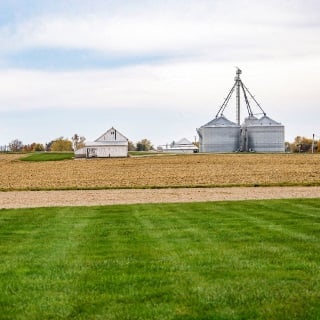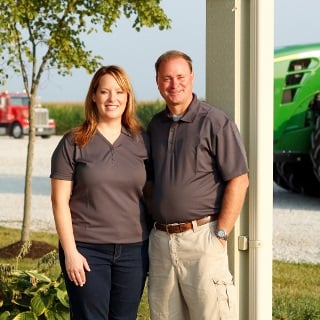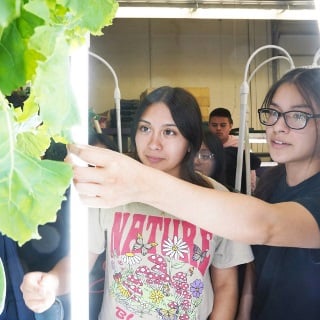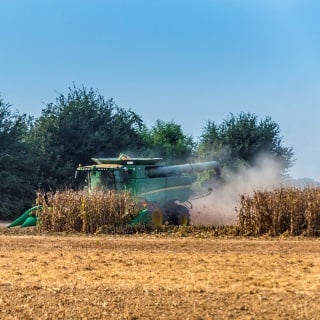Customer Stories
Meet the people who make up the Farm Credit Mid-America cooperative.
* Loans and leases are subject to credit approval. Additional terms and conditions may apply. Farm Credit Mid-America is an equal opportunity lender.
Farm Credit Mid-America territory includes Arkansas, Indiana, Kentucky, Missouri, Ohio and Tennessee. Arkansas includes Clay, Craighead, Crittenden, Cross, Desha (northeast of the White River), Greene, Lee, Mississippi, Phillips, Poinsett, and St. Francis counties. Missouri includes Carter, Ripley and Wayne counties. Kentucky excludes Ballard, Calloway, Carlisle, Fulton, Graves, Hickman, Marshall and McCracken counties. Ohio excludes Crawford, Hancock, Lucas, Marion, Ottawa, Sandusky, Seneca, Wood and Wyandot counties. We serve all counties in Indiana and Tennessee.











.tmb-feature.jpg?sfvrsn=a34edb08_1)
.tmb-feature.jpg?sfvrsn=6c1f7a96_1)










